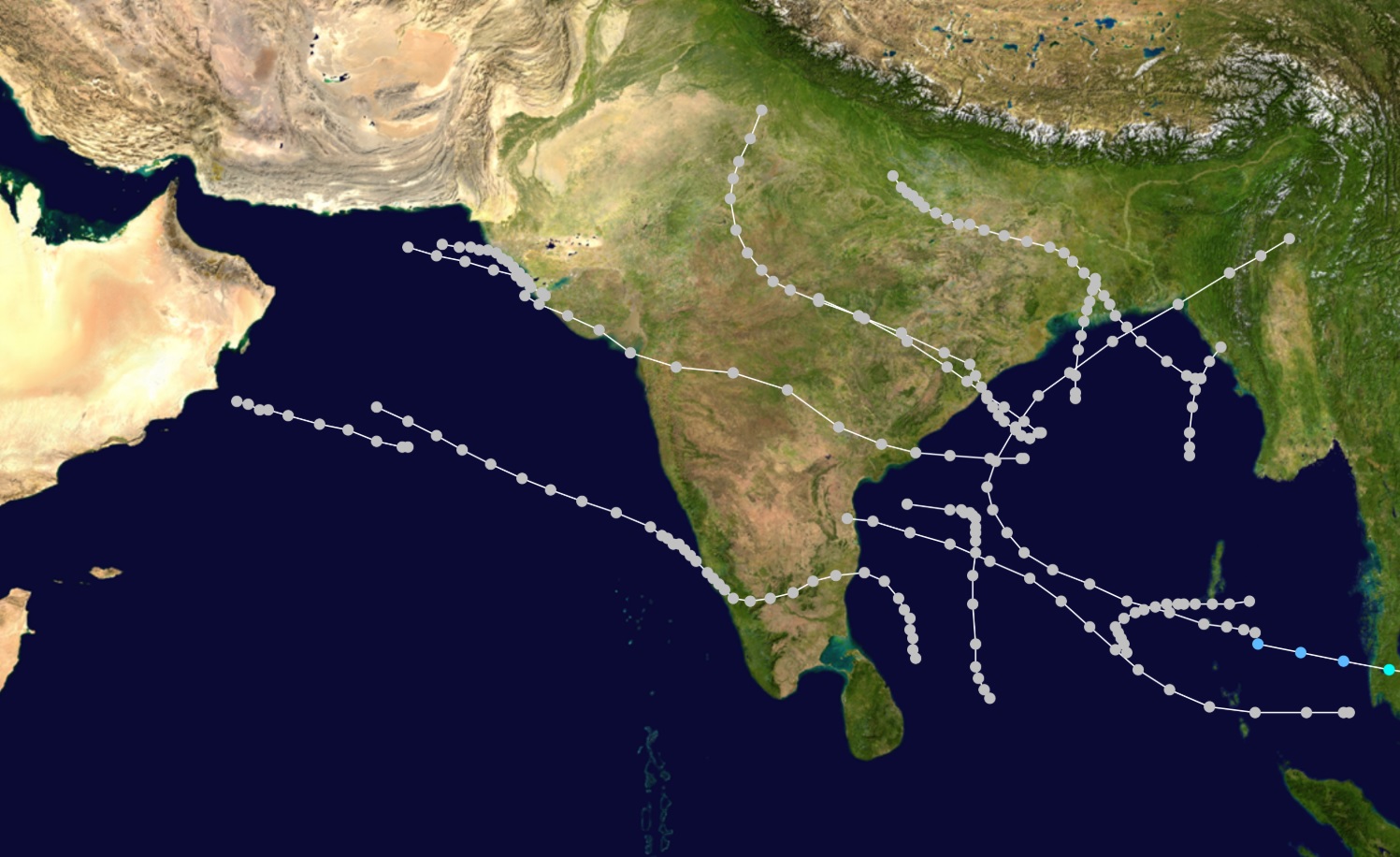Quad countries meet in Bangkok for free, inclusive Indo-Pacific

Officials of the US, Japan, Australia and India met in Bangkok on Friday to hold consultations on their collective efforts for a free, open and inclusive Indo-Pacific and reaffirmed their shared commitment to preserving and promoting the rules-based order in the region, where China is flexing its muscles. In November 2017, India, the US, Australia and Japan gave shape to the long-pending "Quad" Coalition to develop a new strategy for keeping the critical sea routes in the Indo-Pacific free of any influence.
China has been trying to expand its military presence in the Indo-Pacific, which is a biogeographic region, comprising the Indian Ocean and the western and central Pacific Ocean, including the South China Sea. China claims almost all of the South China Sea. Vietnam, the Philippines, Malaysia, Brunei and Taiwan have counter claims over the sea.
During their meeting in Bangkok, the four nations reaffirmed their shared commitment to preserving and promoting the rules-based order in the region. They underscored their intent to continue close coordination and collaboration in support of sustainable, private sector-led development, maritime security, and good governance, an official US statement said.
Officials from these four countries discussed initiatives undertaken by each country to encourage transparent, principles-based investment in quality infrastructure in accordance with international standards and leverage the potential of the private sector. "They highlighted their efforts to maintain universal respect for international law and freedom of navigation and overflight," the statement said adding that the officials agreed to continue to explore opportunities to enhance cooperation, including in support of regional disaster response, cybersecurity, maritime security, counterterrorism, and nonproliferation.
"Participants also noted their desire to work with like-minded partners and allies to promote a transparent, rules-based approach to trans-boundary challenges," the statement said. Welcoming ASEAN’s efforts to develop an Indo-Pacific outlook, the four countries affirmed their strong support for ASEAN centrality and ASEAN-led regional architecture, as well as their support for other regional institutions, including the Indian Ocean Rim Association and Pacific Islands Forum.
The 10-nation Association of Southeast Asian Nations (ASEAN) is considered one of the most influential groupings in the region and India and several other countries including the US, China, Japan and Australia are its dialogue partners. The four countries underscored their intent to continue regular consultations on Indo-Pacific engagement and initiatives together and with other interested countries and institutions.
(With inputs from agencies.)
ALSO READ
Mysterious Movements: The Bondi Attack Accused in the Philippines
FIFA Strips Malaysia of Match Wins Over Scandal
South China Sea Tensions: Philippines vs. China Over Shoal Incident
Startek Malaysia Triumphs at HR Asia Awards 2025
IFC invests $70m in Malaysia’s XSD to boost green paper production and jobs










